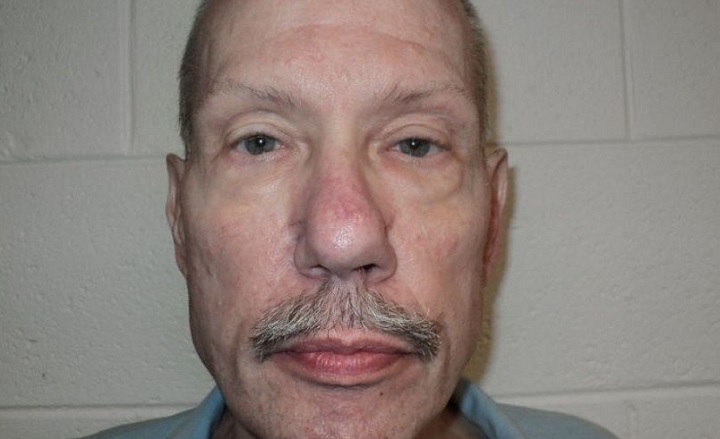BURKEVILLE, Va. — A 60-year-old man who spent more than three decades behind bars for crimes authorities now say he didn’t commit was released from a Virginia prison on Friday.

Wearing jeans and sunglasses, Keith Allen Harward shook hands with prison guards as he walked out of the Nottoway Correctional Center with his brothers and attorneys. He called his lawyers his “heroes” and choked back tears, saying he wished his parents, who both died while he was incarcerated, could see him as a free man.
READ MORE: Ontario man to be exonerated in wife’s death after 45 years
“That’s the worst part of this whole deal,” he said.
Harward’s release came a day after the Virginia Supreme Court agreed that DNA evidence proves he is innocent of the 1982 killing of Jesse Perron and the rape of Perron’s wife in Newport News.
Harward was a sailor on the USS Carl Vinson, which was stationed at the shipyard close to the victims’ home at the time of the crime. A security guard identified Harward as the man he saw entering the shipyard wearing a bloody uniform, but the woman never identified him as her attacker. The prosecution’s case relied heavily on the testimony of two experts who testified that his teeth matched bite marks on the woman’s leg. No other physical evidence linked Harward to the crime.

Get breaking National news
The Innocence Project got involved in Harward’s case about two years ago and pushed for DNA tests, which failed to identify Harward’s genetic profile in sperm left at the crime scene. The DNA matched that of one of Harward’s former shipmate’s, Jerry L. Crotty, who died in an Ohio prison in June 2006, where he was serving a sentence for abduction.
The reliability of bite-mark evidence has come under increased scrutiny in recent years, but is still used in courts.
READ MORE: Steven Avery Project leader: ‘He’ll be exonerated’ without a trial
An Associated Press investigation in 2013 found that at least 24 men convicted or charged with murder or rape based on bite marks found on victims have been exonerated in the U.S. since 2000. The Associated Press story was based on decades of court records, archives, news reports and filings by the Innocence Project.
“We’ve learned nothing if we continue to use this evidence even though we know it has no basis in science,” said Dana Delger, an attorney with the Innocence Project.
Harward said he’s looking forward to having some fried oysters as soon as he can. Beyond that, he’s not sure. He’s planning to go to North Carolina, where his family lives, and learn how to adjust to life outside of prison. His brother’s kids will have to teach him how to use a computer, he said.
“I’ve got to start my life over again,” Harward said.







Comments
Want to discuss? Please read our Commenting Policy first.